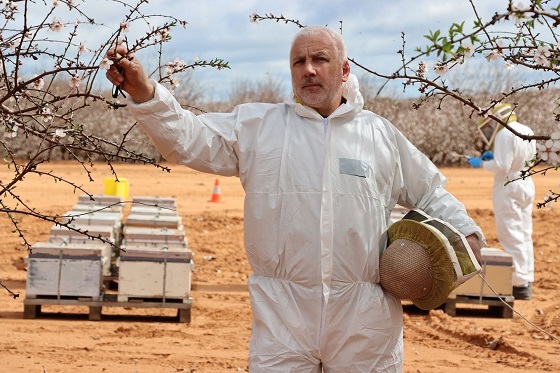It’s 12 weeks since the exotic pest was detected at sentinel hives at the Port of Newcastle, triggering a statewide movement ban there and an emergency response in Victoria.
Vin admits to feeling pessimistic about eradicating the mite at first, until he put his hand up to be part of the surveillance effort in Newcastle.
“When I got up there I thought, hang on, we’ve got a chance at this,” he says.
Vin was impressed by the intensity of surveillance, contact tracing and DNA testing and came away convinced varroa mite could be controlled and eradicated.
Keen to continue to help, he’s now bringing that experience to the Victorian response as part of the State Quarantine Response Team.
As a beekeeper of about 100 hives, his experience in the response puts his responsibilities in a new light.
“I’m certainly going to be improving my record-keeping, and not just because the department says, but because I can see records are vital to controlling disease,” he says.
Vin also encourages anyone considering getting a backyard beehive to understand the amount of work involved.
“If you don’t have time for a vegie garden, you don’t have time to keep a beehive.”
Anyone who keeps one or more hives in Victoria must register with us at bees.agriculture.vic.gov.au.
For more tips on looking after bees, visit beeaware.org.au. For the latest information about the varroa mite response, visit agriculture.vic.gov.au/varroa
















